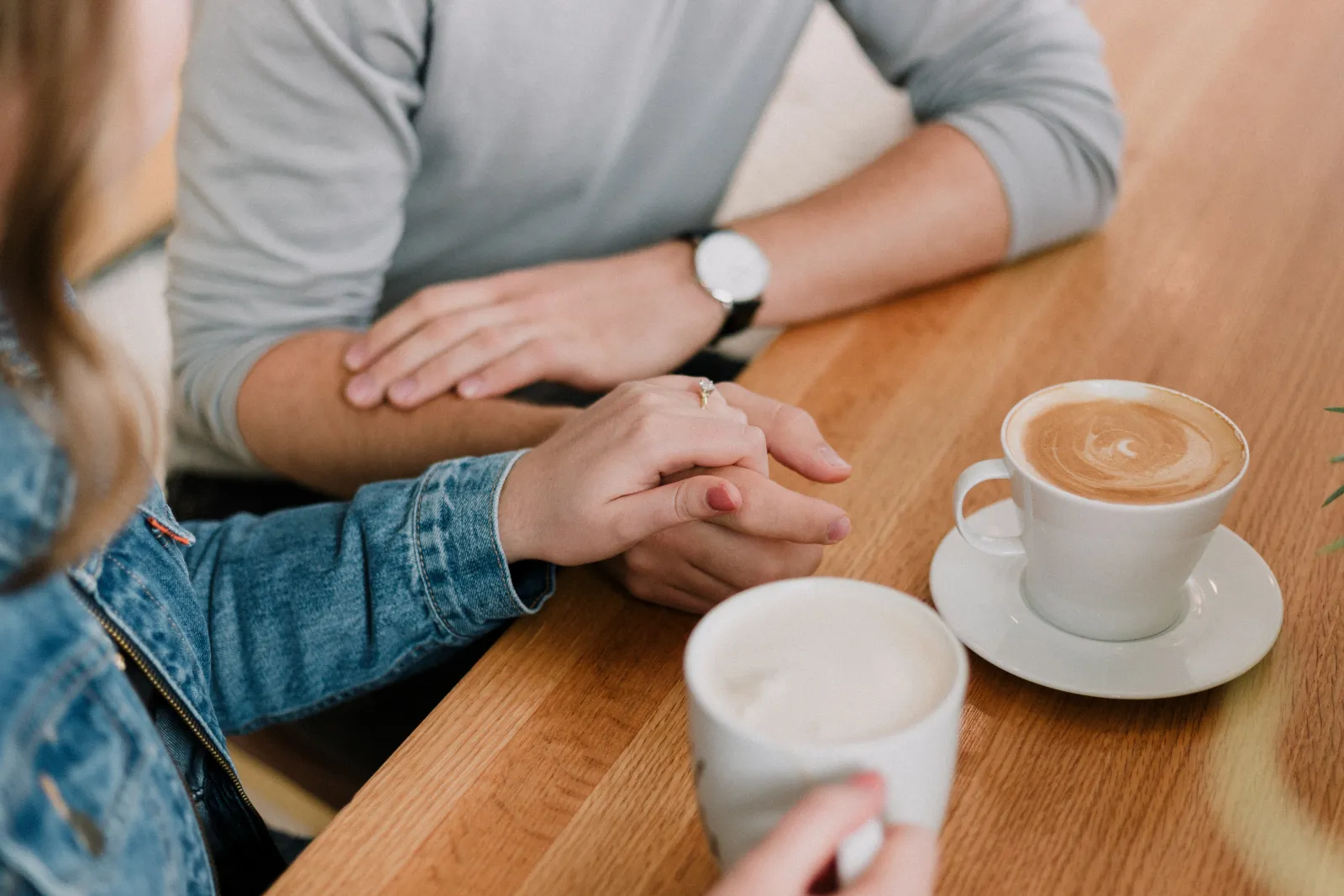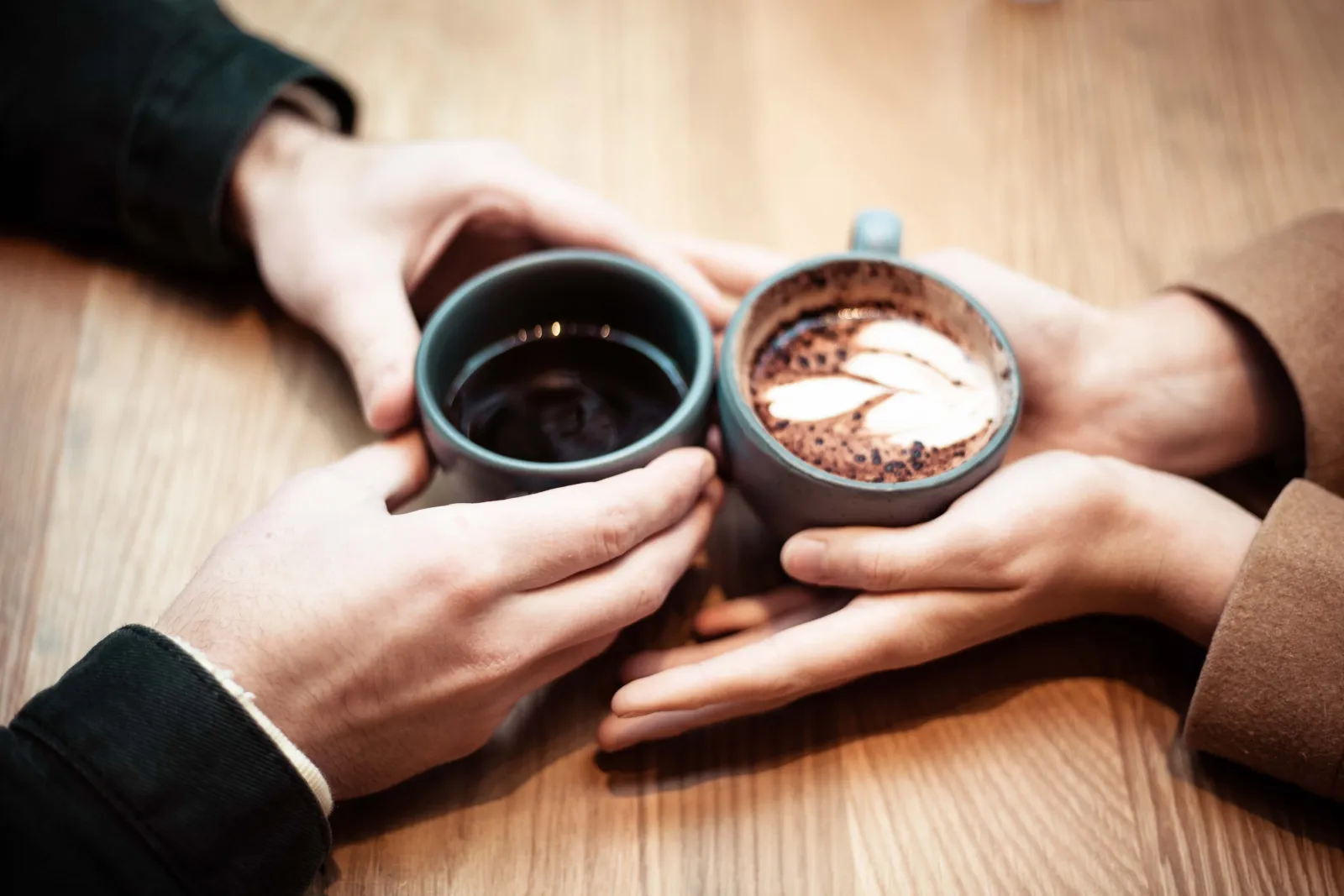Why do we choose the one and only from the multitude of potential partners, this particular one, and not someone else? It is a mystery that scientists are trying to solve. Modern research confirms that over the past millennia, our nature has not undergone significant changes. And, choosing a man for a serious relationship, a woman largely gives preference to his social status, while for a man, the key advantages are youth and the physical attractiveness of a woman.
On the other hand, social role theory challenges this view. The adherents argue that today, it is social rather than biological prerequisites that are in the first place. Ukrainian brides from https://brides4love.com/ukrainian-brides are, indeed, still attracted to men with material and power resources, but only if society does not encourage female business skills. As soon as the situation changes and everyone gets equal opportunities, the social status of a man fades into the background, and his youth, personal qualities, and external attractiveness begin to play a more prominent role. But what else influences our choice?

1. The Presence of a Person in Our Life
The more time people spend together, the more likely they are to like each other. And although we all know examples when forced close communication generates quarrels and mutual rejection, this is rather an exception that proves the rule. It is the ability to see each other that constantly is one of the reasons for the emergence of affairs, for example, at work. Constant contact throughout the day can lead us first to friendship and then to a deeper feeling.
2. Mindfulness and Kindness
Studies show that the presence of social competence, that is, education and the ability to communicate, listening carefully to the interlocutor, showing interest in them, and human warmth, is especially appreciated when choosing a partner. Kind and disposed people are a priori perceived as more attractive and win in the "marathon of choice."

3. Personal Matches
We are attracted to those with whom we have a lot in common. This means that:
- highly educated people are drawn to those who also value new knowledge,
- bright extroverts are unlikely to be close to introverts inclined to solitude,
- and supporters of extreme left views are more likely to find understanding from their like-minded people.
Almost for each of the parameters: personal qualities, beliefs, accumulated experience, social environment — we choose the representative of the opposite sex that most coincides with us.
On the one hand, it is really easier for us to communicate and trust those who speak the same language with us, sharing our views and interests. On the other hand, when we fall in love with such a person, we do a lot of psychological transference. "This woman is beautiful, and she is so similar to me… So, I am handsome too," our unconscious whispers to us. And which of us would refuse to be the best version of us?

